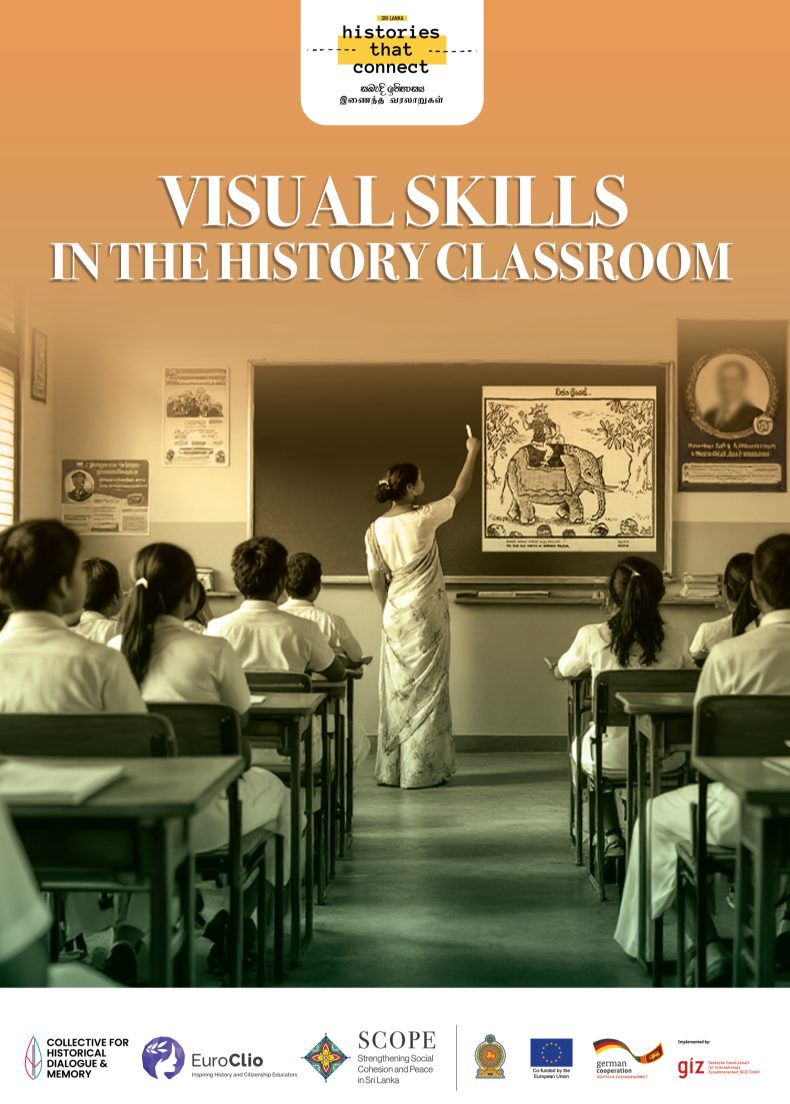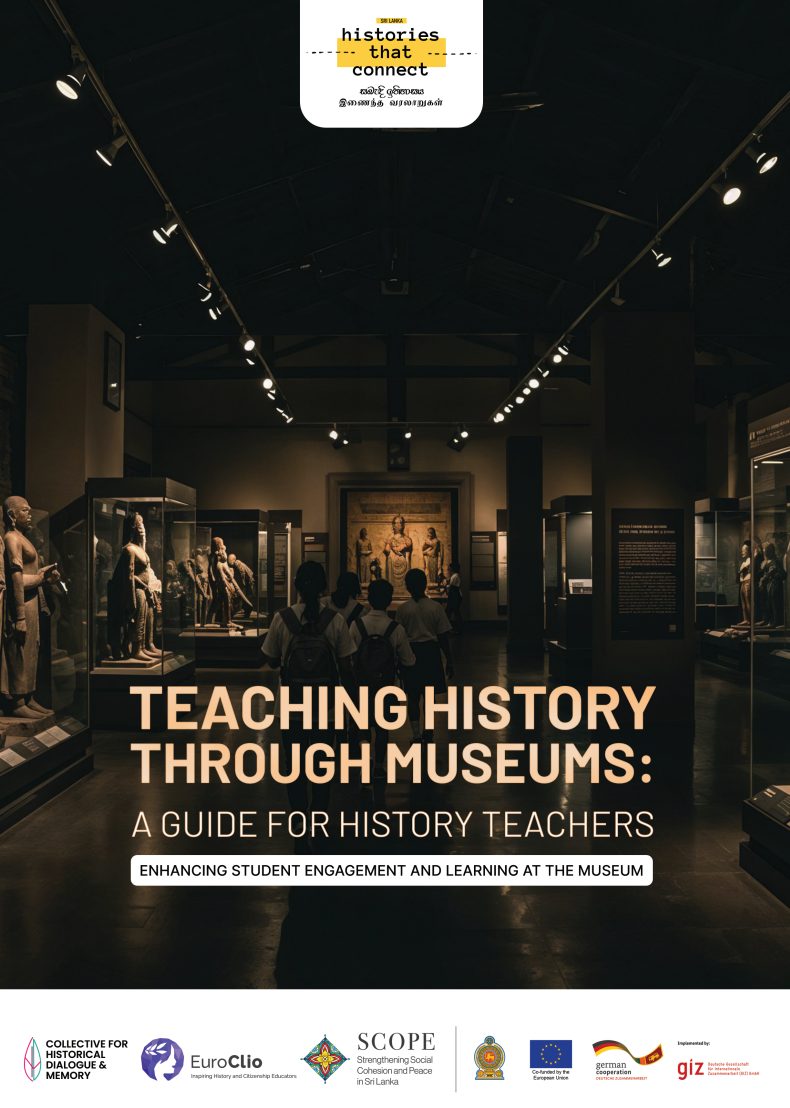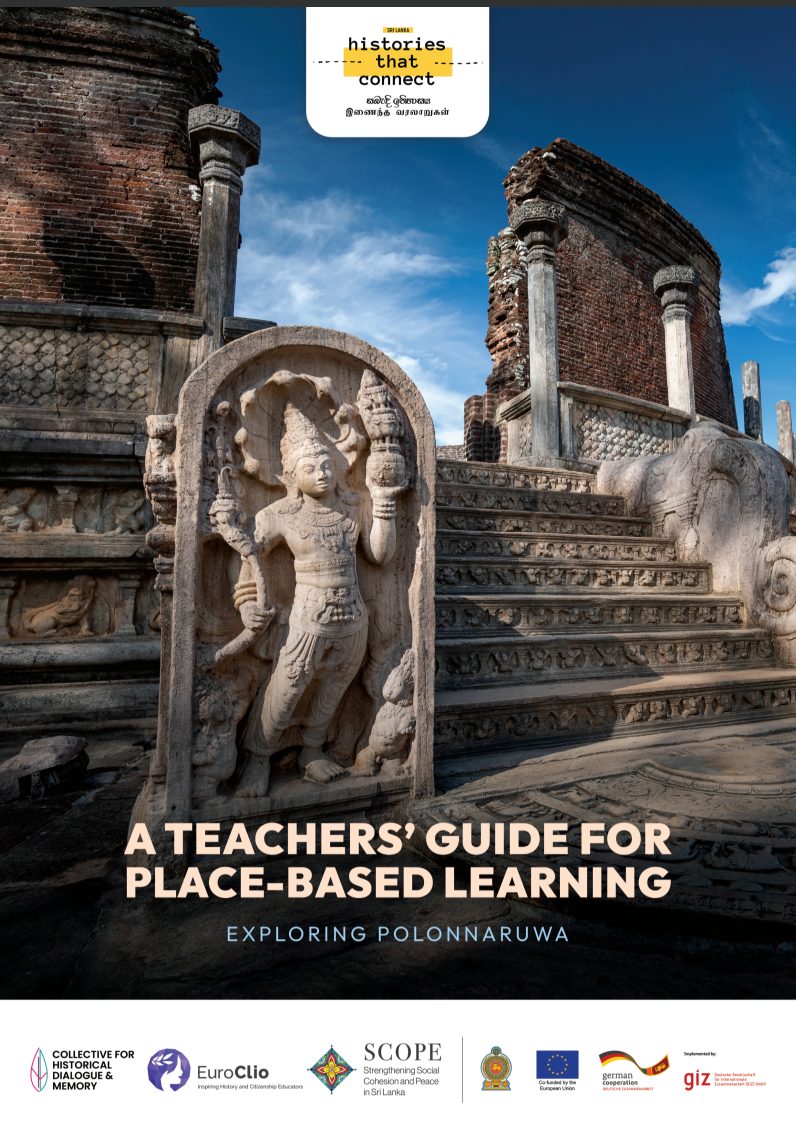European History Educators’ joint response to the 17 March 2015 Declaration by the Education Ministers of the European Union
The declaration of the EU Education ministers entitled “Promoting citizenship and the common values of freedom, tolerance and non-discrimination through education” (dd. Paris, 17 March 2015) draws direct attention to the immediate challenge of social cohesion, citizenship and non-discrimination in Europe today.
EuroClio very much welcomes this renewed emphasis on citizenship and values, which are fundamental in constructing education for key competences (knowledge, skills and attitudes), in particular social and civic competences.
The expressed commitments in the Paris declaration to strengthen the actions to address these challenges are very promising and should be acted upon.
History, and the way in which it is taught in schools, has been identified as an important area in the development of inclusive, peaceful and democratic societies. Ministers of Education at the Council of Europe have issued several recommendations affirming this.
On 20-25 April 2015, the Association brought together 157 history, heritage and citizenship educators, many of which being representatives of larger associations and civil society organisations, as well as experts and representatives of inter-governmental organisations from over 40 countries to draft a common response to the EU Education Ministers’ declaration.
The occasion was the 22nd Annual Professional Development and Training Conference “Roads to Democracy: Can History Teaching Pave the Way?” in Helsingor, Denmark, which EuroClio organised together with the Danish History Teachers’ Association.
The conference was part of EuroClio’s International Training Programme that provides opportunities for professional development for history, heritage and citizenship educators from all over the EU and beyond and supports implementation of Lifelong Learning as identified in Erasmus+, Education and Training 2020, the EU key-competences for lifelong learning and more relevant European policies in the area related to the Digital Agenda and Neighbourhood policies.
The declaration was drafted following two preparatory conference days, including key-note lectures on responsible history education and the role of history education in advancing open and democratic societies in Europe today and practitioners‟ workshops on best practices in history and citizenship education. A full-morning world cafe session in which all participants were able to constructively analyse and discuss the ministerial statements resulted in the following identification of needs, proposal for actions and suggested ways forward.






